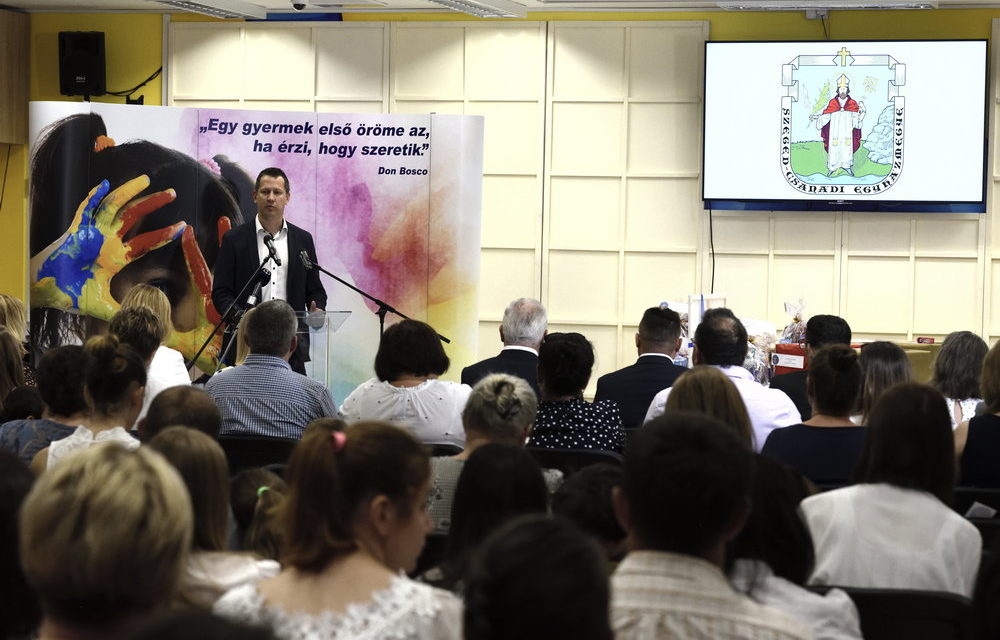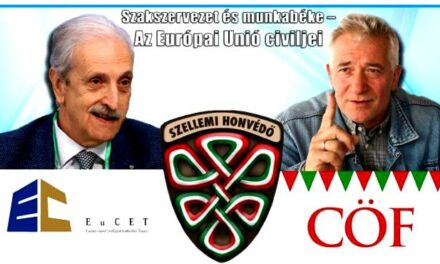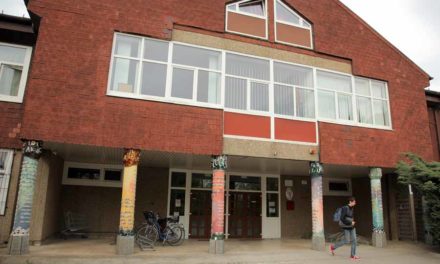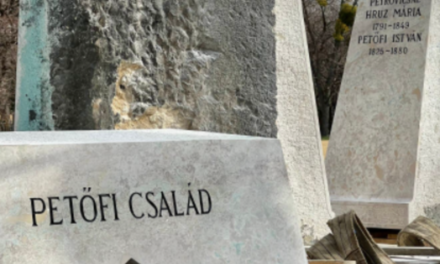A system change has taken place in child protection, and the Szent Ágota Child Protection Service was an actor and also a shaper of this process, stated the State Secretary responsible for social affairs of the Ministry of Human Resources on Friday in Szeged.
Attila Fülöp , at the announcement of the results of the creative competition organized on the occasion of the tenth anniversary of the Szent Ágota Child Protection Service and at the opening of the exhibition presenting the submitted projects, said that we have now managed to get rid of the perception that the social sector, including child protection, is a state monopoly.
Instead of supervision and preservation, we now work much more to ensure that the child, when he is over 18 years old and leaves the care system, thrives, the politician emphasized.
Three-quarters of the child protection system in the country is run by church providers, and almost all foster parents work with them, the state secretary said.
The irreplaceable advantage of the churches is that they were involved in helping the needy even when states did not yet exist. The government wants to use this experience for the benefit of children, said Attila Fülöp.
The government believed in family-oriented child protection. That is why foster care has become an occupational legal relationship in recent years, the foster care allowance was introduced last year, and the Bebogadlak campaign was launched, the politician informed.
70 percent of the 23,000 children living in child protection are in foster care. This ratio has never been this high, but the government wants to raise it further, said the state secretary.
László Kiss-Rigó said that the diocese consciously undertakes public service in many areas, often outside its territory, if it receives an invitation to do so. Among these tasks, in addition to child protection, public education and higher education stand out.
János Kothencz explained that their work is based on personalized care and unconditional love.
Among the tasks of the future, the director-general called the building of internal quality the most important. The life of those cared for in children's and residential homes is particularly important. It must be done so that their lives can become better, he said.
The Szent Ágota Child Protection Service is Hungary's largest child protection specialist institution, its three thousand employees in 13 counties take care of more than seven thousand children, most of them live in foster care, a smaller part in 31 residential homes.
MTI
Photo: MTI/Gergely Zoltán Kelemen












